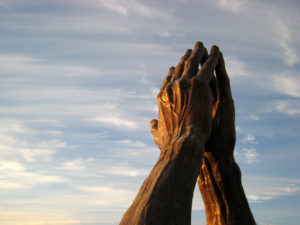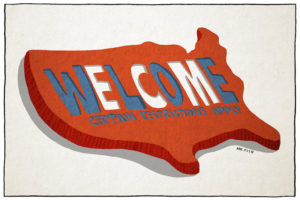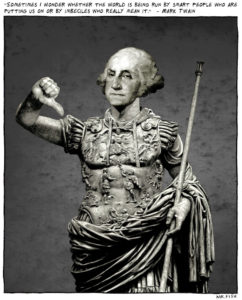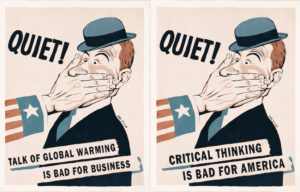The U.S. and Israel Have the Worst Income Inequality in the Developed World
A new report finds that the gap between rich and poor in the developed world is at its highest level in 30 years in most countries -- and that the U.S. and Israel are leading the trend.

A new report reveals that the gap between rich and poor in the developed world is at its highest level in 30 years — and finds that the U.S. and Israel are leading the disquieting trend.
The study by the Organisation for Economic Co-operation and Development (OECD) looked at the earnings of both the richest 10 percent and the poorest 10 percent of the population in each of its 34 member countries. It found that the average ratio of rich to poor in OECD countries was 9.6. In the U.S., however, the richest 10th percentile earned 16.5 times the income of the poorest. In Israel, the richest earned 15 times what the poorest earned.
Back in the 1980s, the rich earned about seven times as much as the poor.
According to the report, wealth inequality is even worse than income inequality. For instance, U.S households in the wealthiest 5 percent owned 91 times that of the average household.
CNN Money reports:
Both the U.S. and Israel have seen inequality grow faster in part because of comparatively low spending on social programs and benefits, said Mark Pearson, the author of the 330-page report. Other countries, such as France, are better at redistributing wealth using taxes and benefits, he said.
Another factor contributing to inequality in the U.S. is a wide skill gap in the workforce. That means highly skilled people can command significantly bigger salaries than low skilled workers.
For example, U.S.-based doctors can make a lot more money than they can in the U.K. and Germany. And low skilled laborers in the U.S. tend to have lower incomes than they would in other countries, said Pearson.
Israel also has problems with encouraging women to enter the workforce, which can prevent poor families from getting ahead, said Pearson.
“There’s a [long] way to go in Israel to get the female employment rates higher,” he said, noting that religious and cultural factors have kept many women at home.
The report shows that having strong female participation in the workforce, and smaller gender pay gaps, can help make a country more equal.
“More women in work really does seem to have an effect on inequality. It reduce[s] inequality,” said Pearson.
The OECD study can be read in full here.
–Posted by Roisin Davis
Independent journalism is under threat and overshadowed by heavily funded mainstream media.
You can help level the playing field. Become a member.
Your tax-deductible contribution keeps us digging beneath the headlines to give you thought-provoking, investigative reporting and analysis that unearths what's really happening- without compromise.
Give today to support our courageous, independent journalists.








You need to be a supporter to comment.
There are currently no responses to this article.
Be the first to respond.